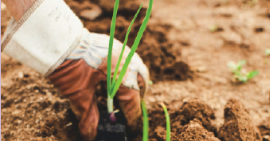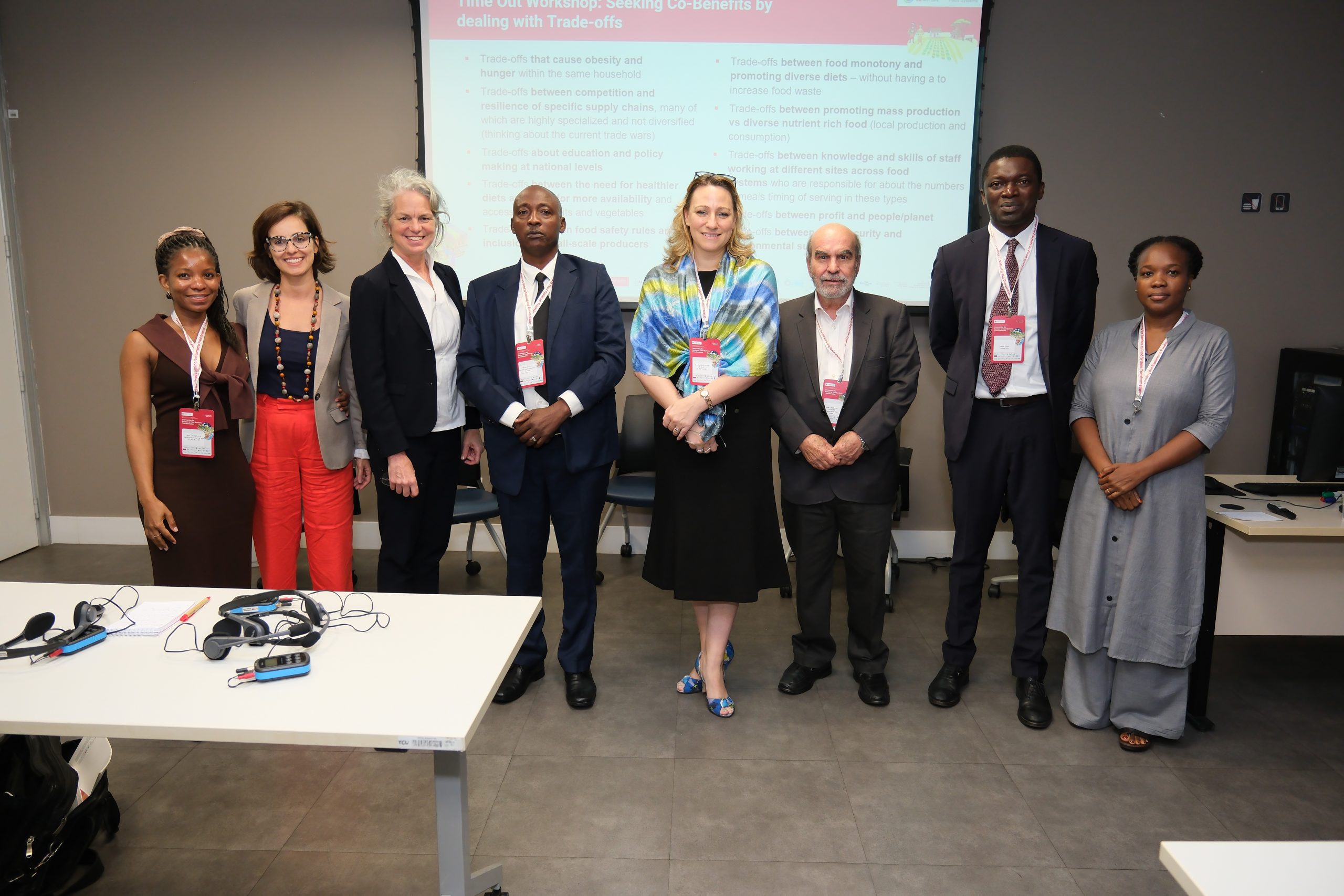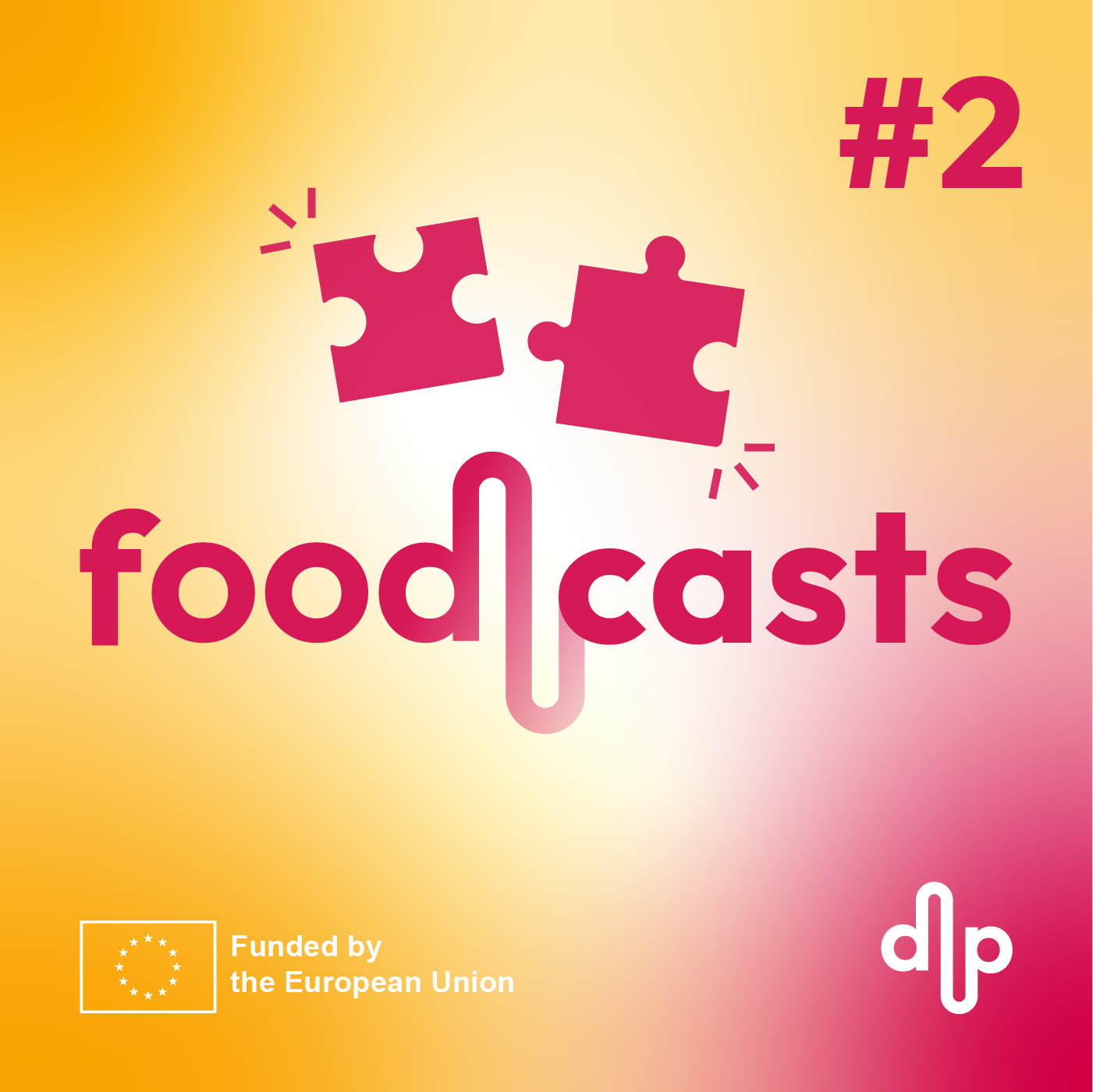Events & Media Report | 10 Jul 2024
Bridging the Divide: Depolarising the Conversation on Sustainable Agriculture
How can we tackle the current polarized debate on sustainable agriculture? Read the article below to discover insights from a recent workshop that aimed to address this critical issue.

Developing sustainable food systems is a complex issue. It affects all the activities and people involved in the production, processing, distribution, and disposal of food. This complexity is driven by the diverse roles and impacts of different stakeholders, from farmers and food processors to consumers and waste managers. Each group has different interests, priorities, and challenges, making it difficult to find common ground. This diversity of perspectives often leads to polarized debates and disagreements about the best ways to achieve sustainability.
Re-Imagine Europa (RIE) and the European Federation of Academies of Sciences and Humanities (ALLEA) organised a workshop in Lisbon (Portugal) on 31st January 2024 to tackle this challenge. The workshop brought together experts in agriculture and plant breeding, including New Genomic Techniques (NGTs), as well as specialists in building trust in science, fighting misinformation, and improving science communication. They discussed how to involve citizens and provide good advice for making policies based on evidence. FOODPathS’ coordinator Hugo de Vries (INRAE) was also present at the workshop, contributing to the dialogue.
The purpose of the workshop was to engage multidisciplinary and ideologically diverse stakeholders from the natural and social sciences, as well as policymakers, industry leaders, and civil society organizations and explore the latest research and share ideas on effective communication strategies that could be applied to the ‘hot’ topic of sustainable agriculture, such as the NGTs.
By bringing together people from different backgrounds, the workshop created a more inclusive and open discussion about sustainable agriculture that is essential for addressing the complex challenges we face and to find solutions that benefit everyone.
Read the full report below and don’t forget to follow us on #FOODPathS on LinkedIn and X.

